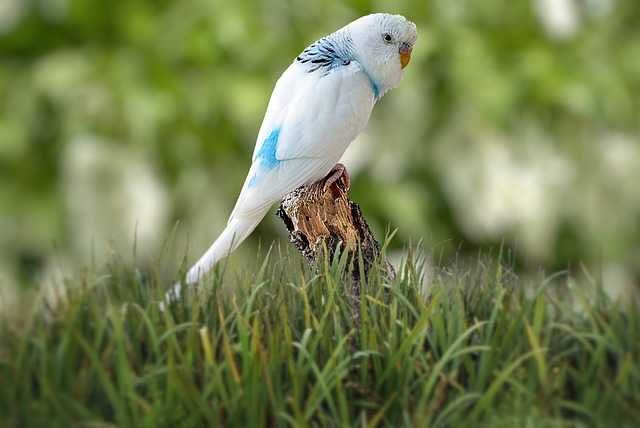The parakeet Zhu Hua
In Qur'an, S. XXVII, vv. 15-16, it is mentioned that king David and king Solomon received knowledge from God as a gift. As part of this knowledge, David and Solomon were also taught the language of birds.
On the first qur'anic verses, namely the verses of Manteq at-Tair or the conference of the birds, Farid-ud-din Attar (CA 1120-1220 ad), is founded the medieval Sufi tradition within which Solomon is described as a connoisseur of the language of birds.
The Sufi Magister, the Sufi saint define themselves in relation to the human ideal or the mystical - gnoseological archetype embodied by Solomon, as connoisseurs of the language of birds, known in that time by Solomon. Jalal-ud-din Rumi (1207-1273 ad)
Rumi constructs the pedagogical model of mirroring, through the allegorical correspondence between man and bird.
A parrot sitting in front of a mirror, a man sitting behind a mirror. When the Invisible Man Speaks, the parrot looks in the mirror and has the illusion that he himself owns human language, although in reality he has only the power to imitate sounds, without understanding the meaning of words.
Similarly, God places shaykh as a mirror in front of the disciple, and he has the illusion that only the shaykh, the man, speaks to him, without understanding that the teaching, the knowledge he receives, has its origin in the universal reason behind the mirror, beyond the being of the shaykh: "the selfish disciple sees himself in the mirror of the body of the shaykh. How could he see universal reason, beyond the mirror, at the moment of manifestation of language and discourse? He assumes that a man is the one who speaks. Universal reason remains to him a mystery which he ignores."
That is why throughout history, parrots have been part of human culture. They are mentioned in mythology, art, literature and folk tales from different parts of the world. In some cultures, parrots are considered symbols of wisdom or spiritual messengers.
Parakeets are one of the most common domestic pet birds to have at home, for their beauty, how relaxing their song is and how easy it is to care for them.
So the parakeet is a little bird with a lot of history with the human being.
Parakeets develop strong bonds with their masters and become extremely affectionate. This strong bond contributes to the emotional well-being of both parties.
The loss of Zhu Hua, a member of our group of parakeets, has deeply affected both us who cared for him and the emotional health of Titilica and the entire community of loved ones who knew him.
Thank you Zhu Hua for your simplicity and naturalness, for these are the true signs of distinction. Forgive us!




